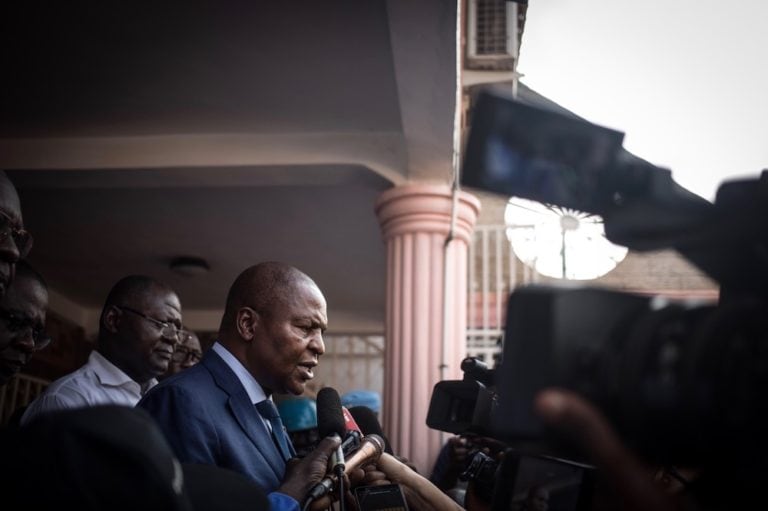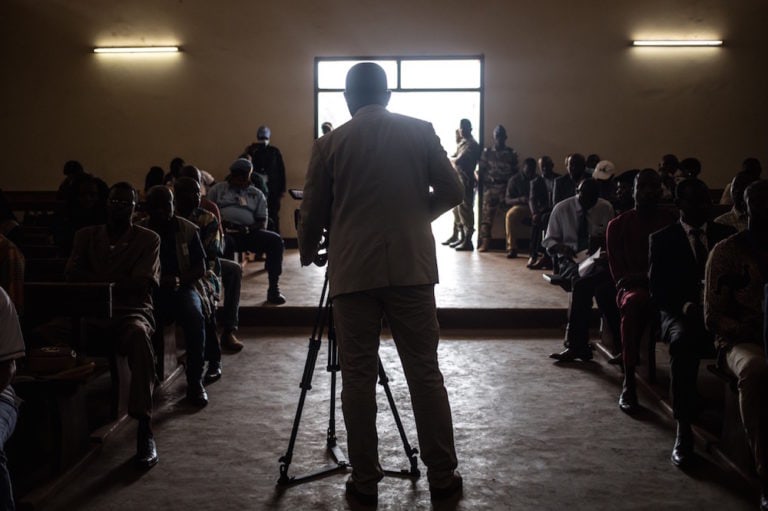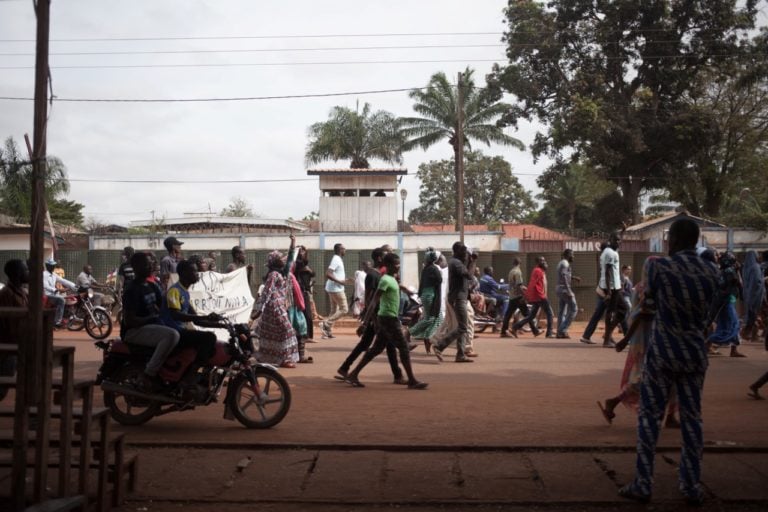"Her horrific death shows the danger to which journalists are exposed as they try to report the news in the Central African Republic and other conflict zones."
The death of the French freelance photojournalist Camille Lepage on assignment in the Central African Republic is a tragic loss to journalism. The 26-year-old’s body was found in a car between Bouar and Garoua Boualai the west of the Central African Republic, on the road to Cameroon.
“The body of Ms Lepage was found by an Operation Sangaris patrol which stopped a vehicle being driven by anti-balaka fighters in the Bouar region,” the Elysée Palace said in a statement on Tuesday.
Christophe Deloire, Reporters Without Borders secretary-general, said the organization was “deeply shocked by the tragic death of a young journalist who showed extraordinary courage in her work every day”.
He continued: “We were fortunate to meet her between assignments. She told us last December of the growing climate of tension affecting journalists in the Central African Republic. Her horrific death shows the danger to which journalists are exposed as they try to report the news in the Central African Republic and other conflict zones.”
Despite her young age, Lepage had extensive experience as a photojournalist. She worked widely in Europe early in her career before covering the Egyptian revolution in 2011. She then headed to Africa where she captured the first steps of the new state of South Sudan in 2012, and recorded the horrors of fighting in Sudan’s Nuba Mountains.
She was passionate about what she called the “forgotten causes” and went into the Central African Republic, even before the arrival of French troops of Operation Sangaris, to record the day-to-day lives of the victims of the fratricidal conflict.
Colleagues said she showed enormous courage, always managing to be at the centre of the action such as making contact with former Seleka fighters in Bangui or covering disarmament operations.
The conflict, which began with the capture of Bangui by the Seleka rebel coalition in March last year, has been seriously detrimental to freedom of information in the country. The offices of most radio stations and newspapers were looted by Seleka rebels.
As the conflict intensified in December and the anti-balaka militias gained influence, threats intensified against journalists who were accused by both sides of playing into the hands of one or other faction. Many were forced into hiding or had to leave the country after receiving death threats. Most local journalists now no longer work and those who do are regularly threatened.
The Central African Republic registered the biggest fall in this year’s World Press Freedom Index compiled by Reporters Without Borders, with a drop of 44 places. The country was ranked 65th in 2013 and fell to 109th position in the 2014 edition.
According to figures compiled by Reporters Without Borders, 75 journalists were killed in the course of their work worldwide in 2013. Since the start of this year, 17 have died. Camille Lepage is the 18th name on this roll call of death.


